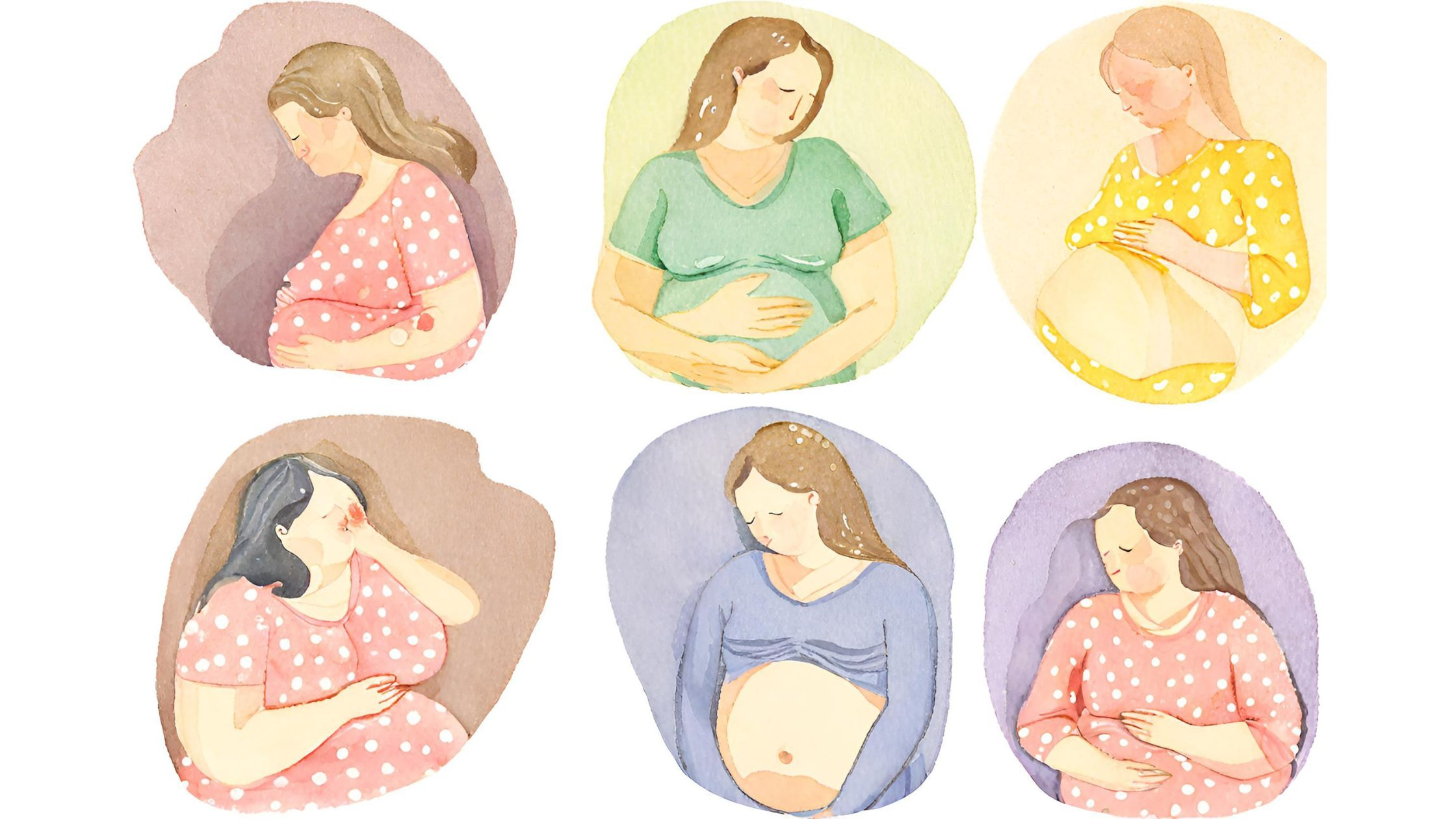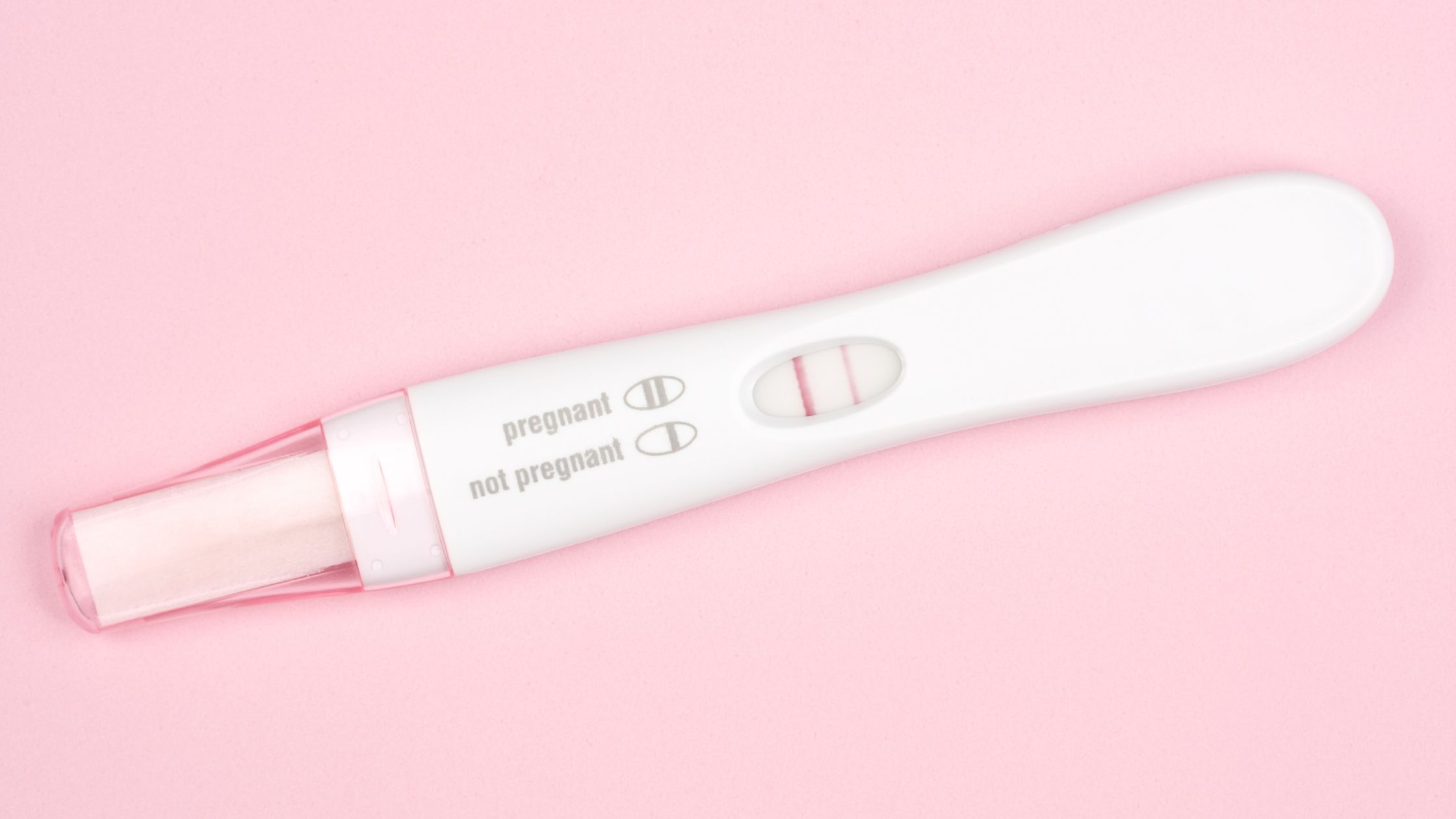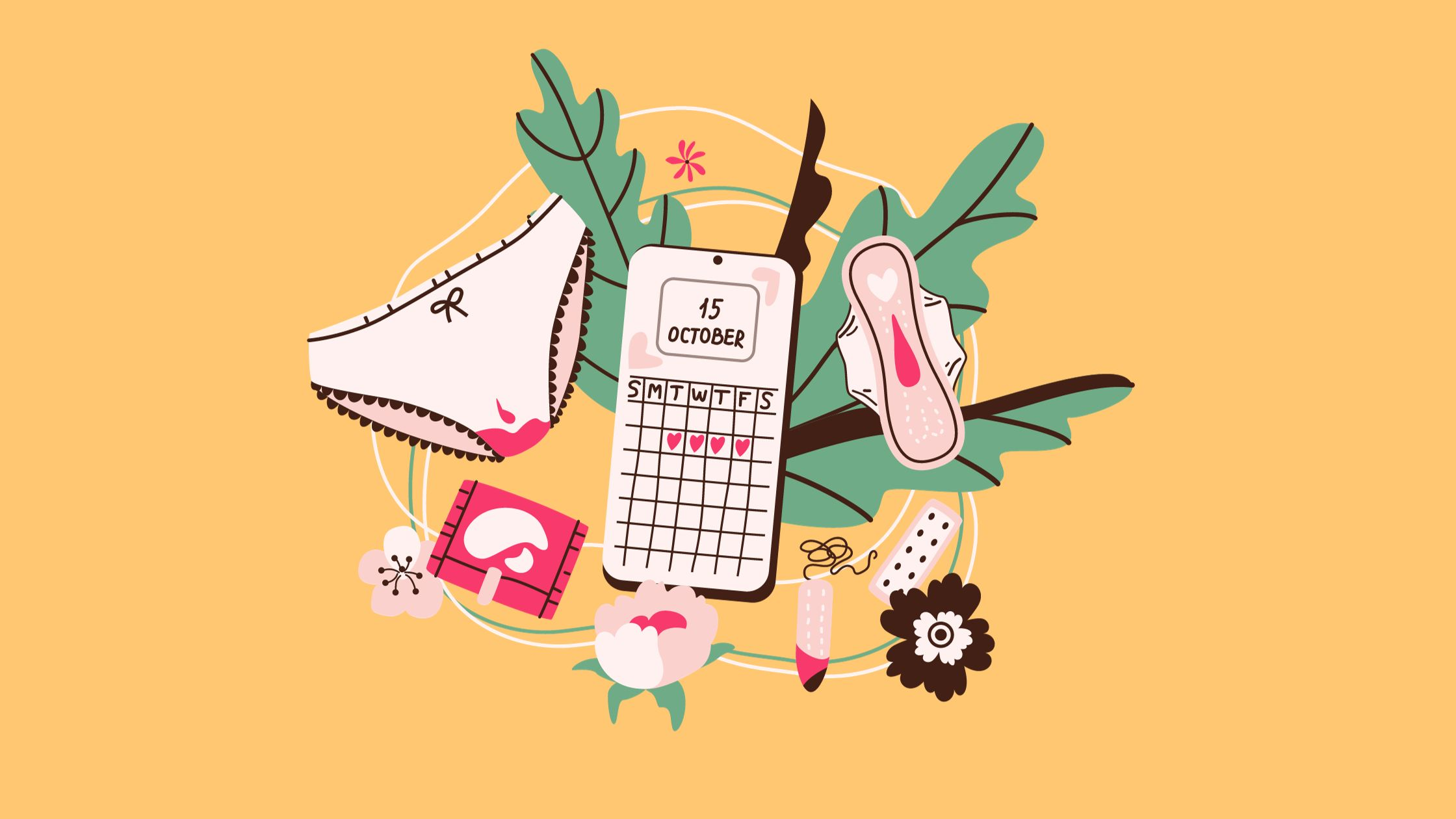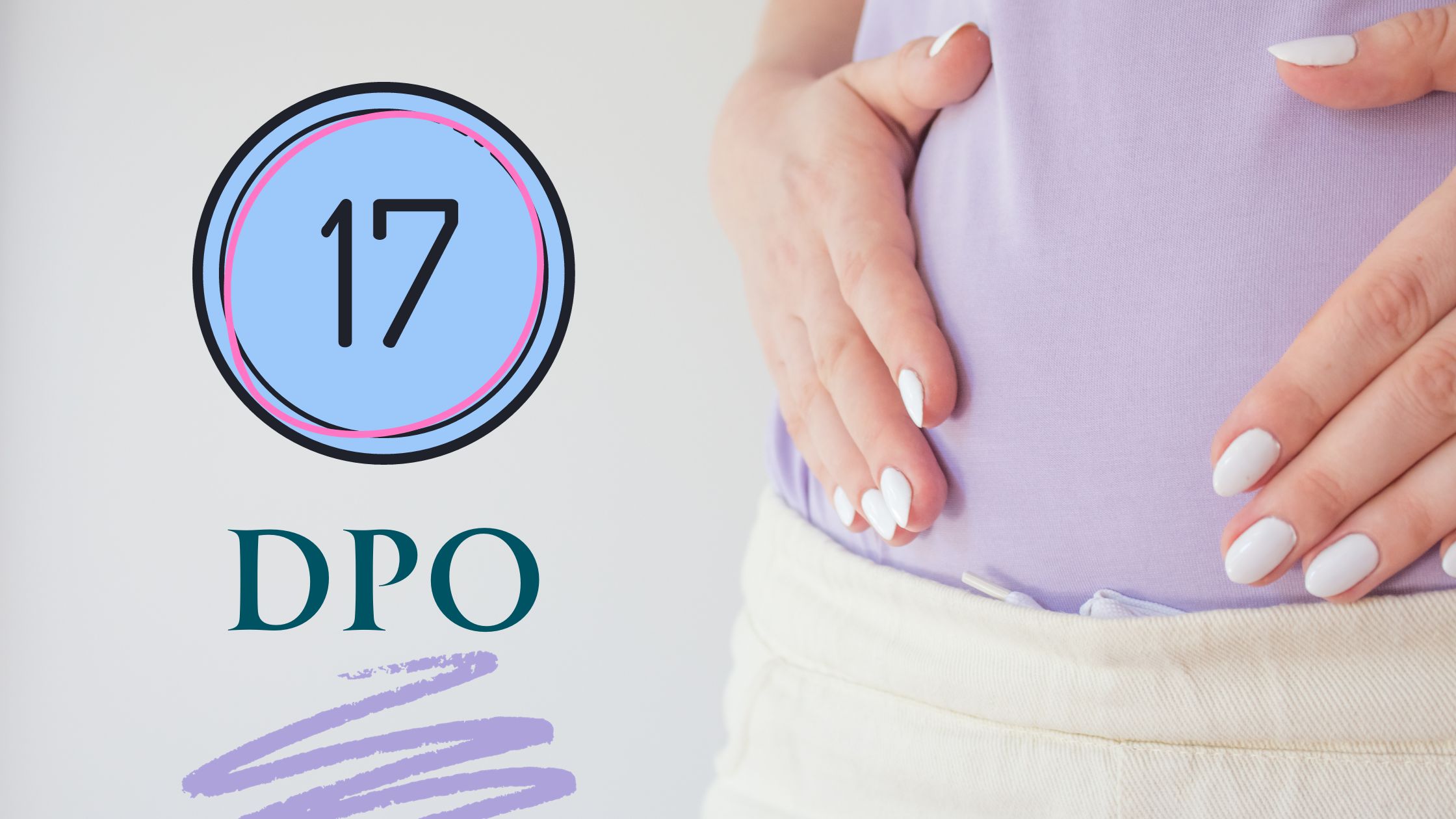If you’re trying to figure out if you’re pregnant, there are pregnancy tests that can detect pregnancy even before you miss a period. However, sometimes you might start feeling the symptoms even before that. The most common early sign is missing your period, typically around 15-17 days after ovulation (DPO). Other symptoms you might experience around 17 DPO include spotting (implantation bleeding), cramps, tenderness in the breasts and nipples, and mood swings. If you’re keen on increasing your chances of conceiving, keeping track of when you ovulate is a good idea.
If you’re reading this and thinking, “I was told I’d only have to wait two weeks to know!” you’re not alone. Many expect the two-week wait (TWW) to end at 14 DPO, but here you are at 17 DPO, still waiting for that big fat positive (BFP) test result. It can be a nerve-wracking time, but hang in there!
For those scratching their heads at the term ‘DPO,’ it simply means ‘days post ovulation.’ It’s a way to count the days since your last ovulation, helping you figure out the best time to take a pregnancy test and when to expect pregnancy symptoms. Typically, ovulation happens about two weeks before your next period, around the middle of an average 28-day cycle. Women trying to conceive often monitor their ovulation in various ways, like observing changes in cervical mucus or tracking their basal body temperature. There are even tools like ovulation calculators to simplify the process. By the time you hit 17 DPO, your body has undergone many changes.
What Happens at 17 DPO?
Around 17 days past ovulation (17 DPO), your hormone levels can cause specific symptoms. Whether you’re gearing up for a period or possibly a baby, your progesterone levels are likely high, which can bring your energy levels down. However, it’s also normal for some women not to feel any different at this stage. So, if you’re feeling drained, it’s essential to prioritize self-care and rest.
Now, pinpointing what’s happening inside your body at 17 DPO can be a bit of a puzzle, especially if you haven’t taken a pregnancy test. Factors like your menstrual cycle’s length and regularity and the timing of your last intimate encounter play a role when trying to conceive.
By 17 DPO, you’ve passed the infamous two-week wait (TWW). If you take a pregnancy test now, it should give you accurate results. If you’re scratching your head over the test results or haven’t taken one yet, here’s a quick rundown of the possibilities:
1. An egg might have been released and traveled through your fallopian tube without meeting any sperm, meaning you’re not pregnant.
2. Alternatively, an egg could have been released, met some eager sperm, and is now cozily implanted in your womb, meaning you’re expecting!
Mid-cycle, your ovaries release an egg in a process called ‘ovulation.’ The days leading up to and after ovulation are your prime baby-making days, known as the ‘fertile window.’ If you get busy during this time, the egg might get fertilized since sperm can survive inside your body for up to five days, just waiting for that egg. But the egg’ has a tight schedule – just 24 hours to get fertilized. If it does, that’s conception. If not, it’ll exit during your next period.
If the egg and sperm do their magic dance, the fertilized egg will snuggle into your uterus’s wall, known as ‘implantation.’ By 17 DPO, if implantation was in the cards, it’s already happened. After this cozy nesting, your body produces the pregnancy hormone, human chorionic gonadotropin (hCG). This is what a home pregnancy test detects. However, it takes a while for hCG levels to rise enough to be detected, typically 7-12 days post-implantation. Around this time, you might also start feeling early pregnancy symptoms like nausea, tiredness, and tender breasts.
Common Pregnancy Symptoms at 17 DPO

Even before you get a confirmed positive pregnancy test result, you might start experiencing early pregnancy symptoms. By 17 DPO, many women have already taken a test. If you’ve seen a BFP on your test, that’s fantastic news – you’re pregnant! Conversely, some women might get a negative or unclear result, which can be puzzling, especially if your period hasn’t shown up yet.
Sometimes, if you’ve messed up your dates, it could be that the pregnancy hormone, hCG, hasn’t had enough time to build up in your system. This could mean you’re pregnant but not as far along as you thought.
Now, you’re probably wondering what pregnancy symptoms are around the corner. But here’s the thing: at 17 DPO, it might still be early for many symptoms to show up, given that hCG levels are typically still on the low side. A few women out there swear they’ve felt those early signs.
The main early symptoms of pregnancy to watch out for are:
1. Missed Period
While some tests can give you a heads-up before your period’s no-show, some women start sensing those baby vibes even sooner. A missed period is a significant red flag of pregnancy around 17 DPO. If you’re at 17 DPO, you might be 3 days late, and your period may take time for many reasons. So, wait to jump to conclusions; she could appear any moment.
2. Tender and Swollen Breasts
Many women notice changes in their breasts in the early stages of pregnancy. Hormonal shifts can increase blood flow as soon as two weeks after conception, resulting in breasts that feel sensitive, tender, and even tingly.
But that’s not all! Early pregnancy can also make your nipples feel sore, signaling your body is gearing up for breastfeeding. You might even spot that the skin around your nipples is getting darker.
Additionally, some women find that their breasts feel plumper and heavier during the initial months of pregnancy. This is because the hormones estrogen and progesterone are working overtime, boosting the number and size of the ducts and milk glands. This causes the breasts to hold onto water, swell, and feel full.
3. Mood Swings
Many women ride an emotional rollercoaster in the early days of pregnancy, even before a positive test result. Stress and mood swings can become the norm. What is the main culprit behind these emotional ups and downs? A surge in hormone levels. And let’s be honest, whether you’ve been on pins and needles waiting for that big news or just discovered you’re about to embark on the parenting journey, it’s understandable to feel a whirlwind of emotions.
4. Heightened Sense of Smell
During the early stages of pregnancy, don’t be surprised if your go-to meal or morning coffee suddenly doesn’t hit the spot. Many women notice their sense of smell slightly off in the first few months. Some scents, whether from foods, drinks, or even your favorite perfume, might turn you off or become strangely enticing. Blame it on the hormones, especially estrogen and hCG, which pull the strings behind these sensory changes.
5. Headaches
Some women might find themselves grappling with pounding headaches in the early stages of pregnancy. These noggin nuisances are likely tied to the hormonal rollercoaster your body’s riding. But there’s more to the story. Dehydration and shifts in blood pressure, as your body gets used to its new hormonal cocktail, can also play a part in these pesky headaches.
6. Cramps
Many women feel a bit of cramping in the early days of pregnancy. This discomfort often stems from the fertilized egg settling up in the uterus. Most describe this implantation sensation as an off-and-on dull ache in their lower back or belly. By 17 days past ovulation, any cramping you feel might be due to your uterus adapting to its new guest or a latecomer egg settling in. Essentially, it’s your body rolling out the welcome mat for the baby-to-be!
7. Spotting or Bleeding
Even when you’re pregnant, you might see a bit of light bleeding or spotting around the time your period’s due. This is often because of the egg making itself at home in the uterus. This light bleed, usually a pinkish or brown hue, is called ‘spotting’ and is a common sign of the embryo settling into the uterine wall. So, if you notice a tinge, it could be your body’s way of saying there’s a baby on board!
Can You Take a Pregnancy Test 17 DPO?

If you’re at 17 DPO and haven’t taken a pregnancy test yet, or maybe you did, but the results were unclear, you’re probably wondering if it’s a good time to test again. It is suggested to take a test around the time your period is due, typically 14 DPO. But remember, everyone’s cycle is different.
By 17 DPO, your system should have enough of the pregnancy hormone, hCG, to yield a positive pregnancy test. But there’s a catch. If you’ve mixed up your ovulation dates, you might be farther along in your cycle than you think, meaning the hCG levels might still be too low for detection.
If you get a BFP on your test, congratulations! It’s time to ring up your doctor and get that first prenatal appointment booked.
But if you get a negative test, don’t lose hope. It’s possible you ovulated a bit later than you thought, and the hCG levels haven’t peaked enough for detection. For perspective, home pregnancy tests usually detect hCG levels around 25mIU/ml. At 17 DPO, your hCG levels can range wildly, from 17 to 429 mIU/ml or even higher!
So, if you’re staring at a big fat negative (BFN) at 17 DPO, take a breather, distract yourself, and give the test another go in a few days. Remember, every woman’s journey is unique!
17 DPO No Period: What Does That Mean?

At 17 DPO, you might wait an extra three days for your period. Typically, doctors assume a 28-day cycle: day one starts with your period, you ovulate around day 14, and your period should return by day 28. But let’s be honest: when trying to conceive (TTC), “normal” is a bit of a moving target.
It doesn’t necessarily mean you’re not pregnant if you’re at 17 DPO and still have no sign of your period. If your period’s playing hard to get and it’s got you worried, there are several reasons for this:
1. Possibility of Pregnancy with Low Hormonal Levels: Some tests can spot the pregnancy hormone hCG early on, but the test might miss it if the levels are low. This could be because you mixed up your baby-making dates or conceived later in your cycle.
2. Potential Signs of an Ectopic Pregnancy: This is when the fertilized egg implants outside the womb, usually in a fallopian tube. In rare cases, this doesn’t appear on a test. If you’re feeling sharp pains, spotting, or just feeling off, get to a doctor ASAP. An ectopic pregnancy is a medical emergency.
3. Your Lifestyle Influences Your Menstrual Cycle: Stress, diet changes, consuming too much caffeine, or not eating enough can throw your period out of sync. Even big life changes like a new workout routine or burning the midnight oil at work can make your period late to the party.
4. The Impact of Breastfeeding on Menstrual Regularity: After having a baby, it takes a while for your period to get back in the groove. And with breastfeeding it’s a guessing game since your baby’s needs are constantly changing.
5. Medical Conditions Influence Your Period: Conditions like PCOS, thyroid issues, or menopause can play tricks on your cycle. If something feels off, it’s worth consulting with your doctor.
6. The Effect of Medications on Your Menstrual Cycle: Birth control is a known cause of cycle changes, but other medications can complicate matters.
Can Implantation Happen 17 DPO?
Implantation typically occurs between 6 to 12 DPO. However, if you’re someone with a longer cycle, it might happen as late as 17 days past ovulation. So, if you spot some bleeding at 17 DPO, it’s a toss-up: it could be your period making an entrance or just some early pregnancy spotting.
17 DPO HCG Levels: What Will Your Pregnancy Test Show?
HCG is the hormone your body releases when you’re expecting. It pops up in your blood a few days after the embryo settles in. If it’s there, congrats, you’re pregnant! You can even track these levels with an online tool.
When we talk about hCG levels, we measure them in mIU/ml. There are two ways to test for it: blood and urine.
Urine tests tell you if hCG is there and are accurate about 14-15 days after ovulation. On the other hand, a blood test can tell you sooner if you are expecting. They inform you exactly how much hCG you’ve got.
By 17 DPO, if you’re pregnant, you’d typically have around 132 mIU/ml of hCG, but it can range from 17 to 429 mIU/ml. If it’s more than 20 mIU/ml, urine tests should spot it, making them reliable by this point. But if you’re getting a negative result on your test at 17 DPO, hang tight and try again in a few days.
Here’s a quick rundown on blood hCG levels:
| hCG Level (mIU/ml) | Pregnancy Status |
| Less than 5 mIU/ml | Not pregnant. |
| 5 to 25 mIU/ml | It’s a maybe. Test again soon. |
| Over 25 mIU/ml | Bingo! You’re pregnant! |
17 DPO No Symptoms: What Should You Do Now?
It can be puzzling if you’re at 17 DPO and feeling no symptoms. But don’t fret! Here’s what you might consider doing:
1. Stay Calm: First off, take a deep breath. Everyone’s body is different. Just because you don’t have symptoms doesn’t mean you’re not pregnant.
2. Take a Test: If you haven’t already, consider taking a pregnancy test. By 17 days past ovulation, many tests can detect the pregnancy hormone hCG.
3. Wait it Out: Sometimes, it’s a waiting game. If you get a negative result, give it a few more days and test again. Some folks have a slower rise in hCG levels.
4. Check Your Dates: Ensure you keep your ovulation date consistent. If you’re off for even a couple of days, it can make a difference when you see symptoms or get a positive test.
5. Listen to Your Body: Notice any subtle changes even if you do not feel the typical early pregnancy signs. You may be one of the lucky ones who sails through without any early symptoms!
6. Consult a Doctor: Getting an opinion from a healthcare professional if you’re concerned or need some clarity never hurts. They can offer guidance, run tests, or provide peace of mind.
Remember, the early days of pregnancy are a mixed bag. Some women get all the signs, some get none, and others fall in between. Whatever you’re feeling (or not feeling), you’re not alone!
What if I’m Spotting or Bleeding 17DPO?
Seeing a bit of bleeding at 17 DPO can throw you for a loop, especially if you’re waiting on a positive pregnancy test and your period’s MIA.
Healthline mentions that early bleeding is common in pregnancies, happening in about a quarter of women. For some, it’s their first pregnancy hint. This implantation bleeding can occur 7 to 14 DPO. So, there’s a slim chance that the spotting you’re seeing is due to the egg settling in.
How do we tell them apart? Implantation bleeding is usually lighter and shorter, lasting a day or two. But heads up, its symptoms can feel like your regular period.
Takeaway
- Understanding 17 DPO: DPO stands for ‘days post ovulation.’ Around 17 DPO, women might experience spotting, cramps, breast tenderness, mood swings, and fatigue symptoms. These symptoms can be attributed to high progesterone levels. By 17 DPO, a woman’s body has undergone significant changes, and it’s around this time that a pregnancy test can yield accurate results.
- Pregnancy Symptoms at 17 DPO: Some common pregnancy symptoms include a missed period, tender and swollen breasts, mood swings, heightened sense of smell, headaches, cramps, and spotting or light bleeding. However, it’s worth noting that not all women will experience these symptoms, and some might not feel any different at this stage.
- Taking a Pregnancy Test at 17 DPO: By 17 DPO, there should be enough of the pregnancy hormone, hCG, in the system to yield a positive pregnancy test. However, if a woman has miscalculated her ovulation dates, the hCG levels might still be too low for detection. If the test is negative, it’s advised to wait a few days and test again.
- 17 DPO and No Period: If a woman is at 17 DPO and hasn’t started her period, it doesn’t necessarily mean she’s not pregnant. There could be various reasons for a delayed period, including the possibility of pregnancy with low hormonal levels, ectopic pregnancy, lifestyle factors, medical conditions, and the effects of medications.
- Spotting or Bleeding at 17 DPO: Some women might experience light bleeding or spotting around 17 DPO. However, it’s essential to differentiate between implantation bleeding and a regular period. Implantation bleeding is typically lighter and lasts for a shorter duration.
References
HCG Blood Test – Quantitative: MedlinePlus Medical Encyclopedia. MedlinePlus, U.S. National Library of Medicine, 25 Sept. 2018, medlineplus.gov/ency/article/003510.htm.
Betz, Danielle. “Human Chorionic Gonadotropin (HCG).” StatPearls [Internet]., U.S. National Library of Medicine, 27 Apr. 2020, www.ncbi.nlm.nih.gov/books/NBK532950/.
Center for Devices and Radiological Health. “Pregnancy.” U.S. Food and Drug Administration, FDA, 29 Apr. 2019, www.fda.gov/medical-devices/home-use-tests/pregnancy.
Korevaar, Tim I. M., et al. “Reference Ranges and Determinants of Total HCG Levels During Pregnancy: the Generation R Study.” European Journal of Epidemiology, vol. 30, no. 9, 2015, pp. 1057–1066., doi:10.1007/s10654-015-0039-0.
“Symptoms of Pregnancy: What Happens First.” Mayo Clinic, Mayo Foundation for Medical Education and Research, 11 May 2019, www.mayoclinic.org/healthy-lifestyle/getting-pregnant/in-depth/symptoms-of-pregnancy/art-20043853.
“Am I Pregnant? Early Symptoms of Pregnancy & When To Test.” Cleveland Clinic, 1 Apr. 2020, my.clevelandclinic.org/health/articles/9709-pregnancy-am-i-pregnant.

